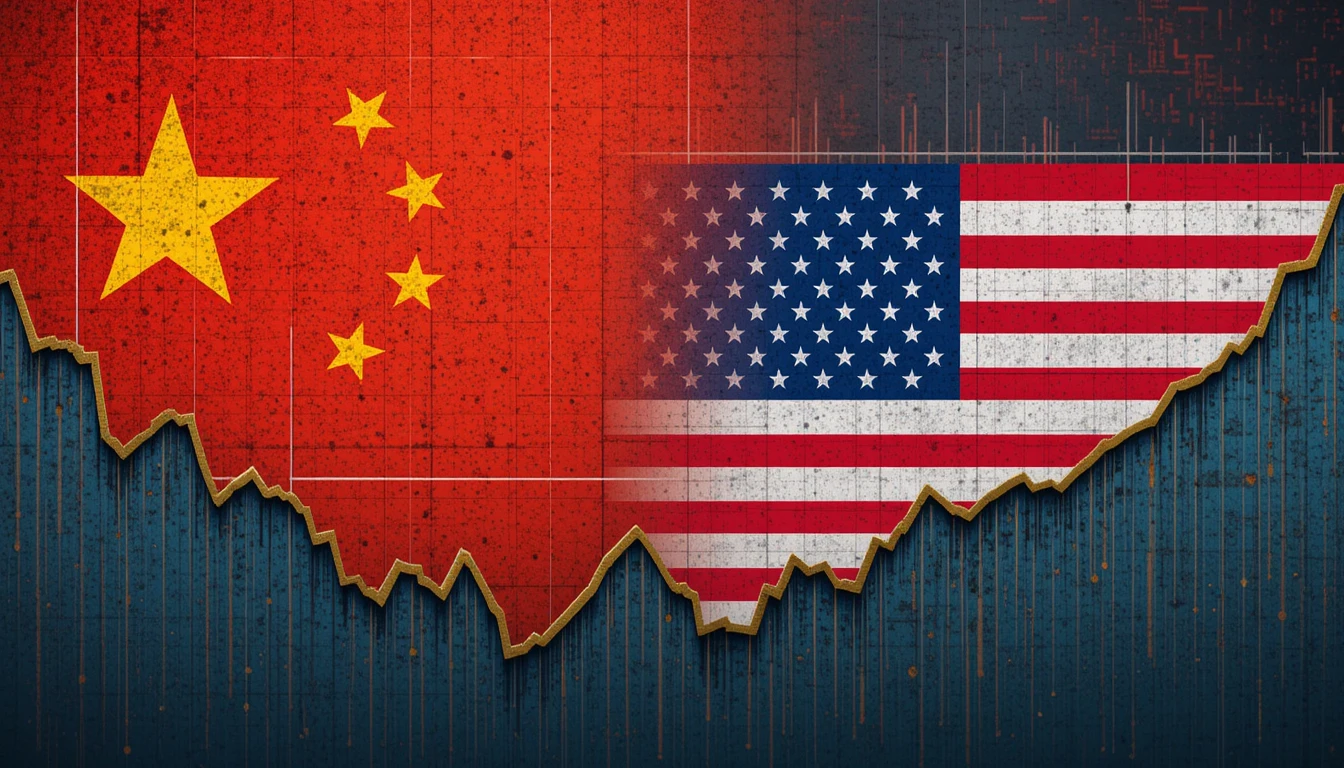Beijing calls on Washington to completely eliminate reciprocal tariffs despite recent exemptions on some electronics and chipmaking equipment.
Key Takeaways:
i) China has demanded that the United States completely cancel all reciprocal tariffs imposed during the ongoing trade war.
ii) This demand follows the U.S.’s recent decision to exempt certain consumer electronics and chipmaking equipment from import levies.
iii) Despite acknowledging the exemptions as a “small step,” China views the U.S.’s tariff practices as fundamentally wrong and insists on a complete reversal.
Money Matters Monitoring Desk – April 13, 2025 – China has intensified its call for a complete end to the trade war with the United States, urging Washington to “completely cancel” all reciprocal tariffs. This strong statement from Beijing comes on the heels of the United States announcing limited exemptions from import tariffs on specific goods, including smartphones, laptops, and crucial chipmaking machinery.
The sustained high tariffs from both sides are reportedly inflicting considerable strain on businesses engaged in U.S.-China trade, raising serious concerns about their long-term sustainability.
A spokesperson for China’s Ministry of Commerce articulated Beijing’s stance, emphasizing the need for the U.S. to “take a big step to correct its mistakes, completely cancel the wrong practice of ‘reciprocal tariffs’ and return to the right path of mutual respect.” China views the U.S.’s imposition of high tariffs on Chinese products as fundamentally flawed.
While acknowledging the recent exemptions granted by the U.S. Customs and Border Protection office as a “small step” towards rectifying the situation, China maintains that a complete reversal of all tariffs is necessary. Beijing has stated that it is currently assessing the implications of these selective exemptions.
The trade dispute initially saw the U.S. impose a substantial 145% tariff on a broad spectrum of Chinese products.
The backdrop to this escalating rhetoric includes China’s own retaliatory tariffs, which have seen import duties on U.S. goods soar to 125%. Beijing has indicated a ceiling on further tariff hikes, suggesting that the current levels have already saturated the Chinese market’s capacity to absorb U.S. imports.
The trade dispute initially saw the U.S. impose a substantial 145% tariff on a broad spectrum of Chinese products. The recent U.S. move to offer exemptions for particular electronics hints at a possible recalibration or a more targeted approach in its trade strategy with China.
The sustained high tariffs from both sides are reportedly inflicting considerable strain on businesses engaged in U.S.-China trade, raising serious concerns about their long-term sustainability. The protracted trade war has also ignited fears of a deeper and more enduring economic conflict between the world’s two largest economies, potentially triggering widespread repercussions across global markets.




